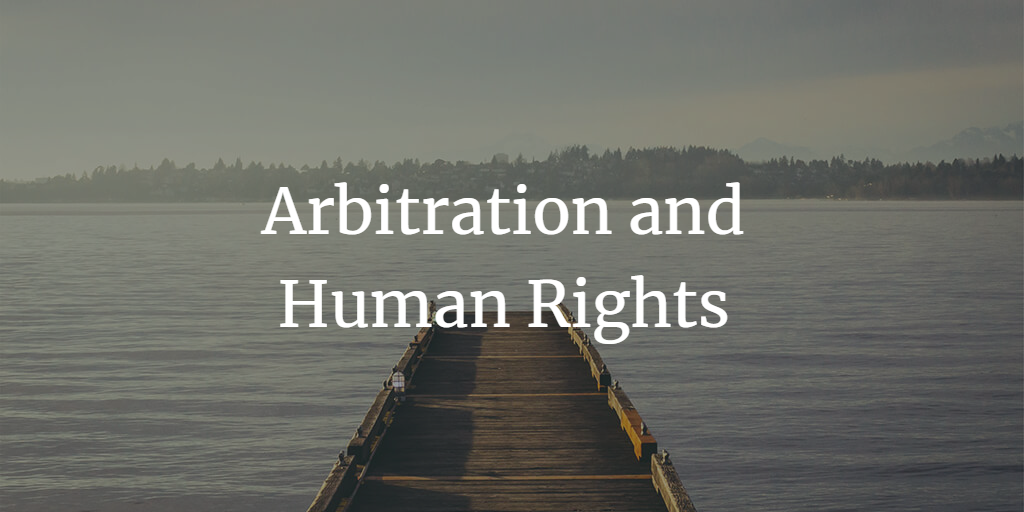Relationship Between Arbitration and Human Rights

Table of Contents
Introduction
Understanding Arbitration
Understanding Human Rights
Intersection of Arbitration and Human Rights
Challenges at the Intersection
The Future of Arbitration and Human Rights
Conclusion
1. Introduction
Arbitration, a form of alternative dispute resolution, and human rights, the inherent rights of every individual, may seem like separate domains. However, their intersection is increasingly evident in the modern legal landscape. This article explores the relationship between arbitration and human rights, highlighting the critical role of arbitration in upholding human rights and the challenges this poses.
2. Understanding Arbitration
Arbitration is a dispute resolution process where a neutral third party (the arbitrator) makes a decision (the award) about a dispute after hearing arguments and reviewing evidence from both sides. This mechanism is commonly used to resolve commercial disputes, particularly in international contexts.
3. Understanding Human Rights
Human rights are fundamental rights and freedoms that belong to every person, regardless of nationality, sex, ethnicity, religion, language, or any other status. These rights include the right to life and liberty, freedom from slavery and torture, freedom of opinion and expression, and the right to work in just and favorable conditions, among others.
4. Intersection of Arbitration and Human Rights
The intersection of arbitration and human rights can be seen in two main contexts:
Arbitration as a Mechanism to Uphold Human Rights: In some cases, arbitration can be used to resolve disputes involving human rights violations. For example, employment arbitration may address allegations of discrimination or harassment, both of which involve human rights.
Human Rights in Arbitration Proceedings: The arbitration process itself must also respect human rights. For instance, parties have the right to a fair hearing, the right to legal representation, and the right to an independent and impartial arbitrator.
5. Challenges at the Intersection
Despite the potential of arbitration to uphold human rights, there are several challenges:
Enforceability of Awards: Arbitral awards involving human rights may face enforcement challenges, particularly in jurisdictions with weak human rights protections.
Confidentiality vs. Transparency: While confidentiality is often prized in arbitration, it can conflict with the need for transparency and public accountability in human rights cases.
Access to Arbitration: Access to arbitration can be a challenge for individuals who lack the resources to engage in potentially expensive proceedings.
6. The Future of Arbitration and Human Rights
Looking ahead, the relationship between arbitration and human rights is likely to become even more intertwined. Greater emphasis on corporate social responsibility and the rise of human rights arbitration are trends to watch. However, careful attention must be paid to ensure that arbitration serves as an effective, fair, and accessible mechanism for upholding human rights.
7. Conclusion
The relationship between arbitration and human rights is complex and multifaceted. While arbitration can serve as an effective mechanism to uphold human rights, it also poses unique challenges that need to be thoughtfully addressed. The future will likely see an even greater intertwining of these two domains, requiring continual analysis and adaptation of our legal frameworks to ensure that arbitration remains a tool for justice and the protection of human rights.
As we move forward, it's crucial to continue the dialogue on how to effectively navigate this intersection to uphold the principles of justice, fairness, and human dignity that lie at the heart of both arbitration and human rights.


